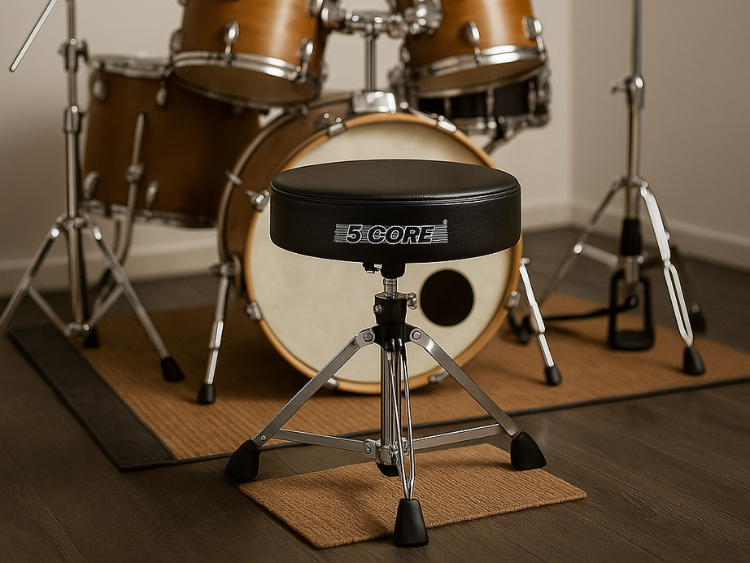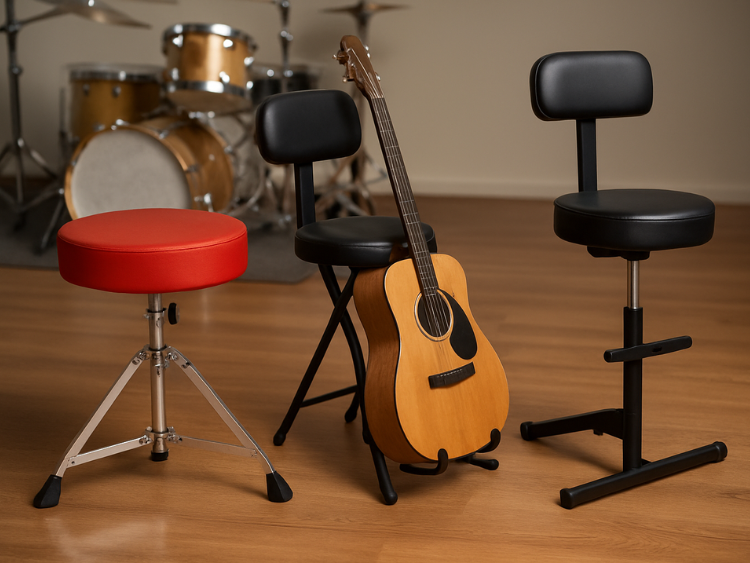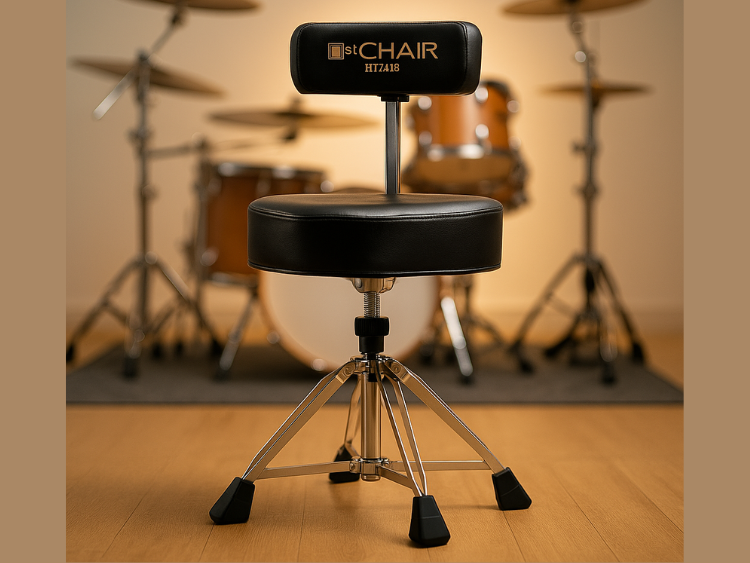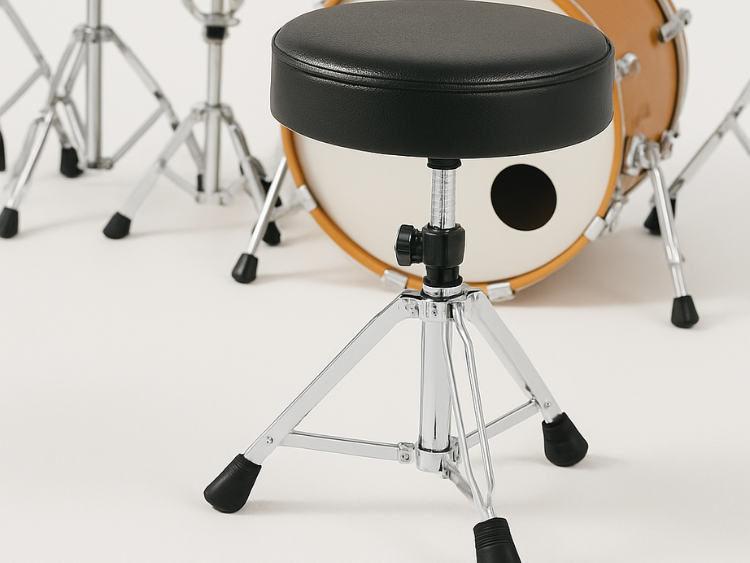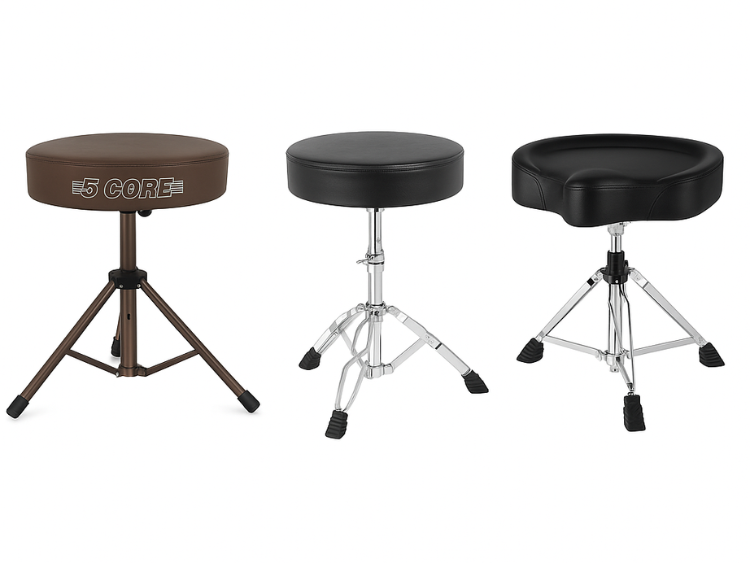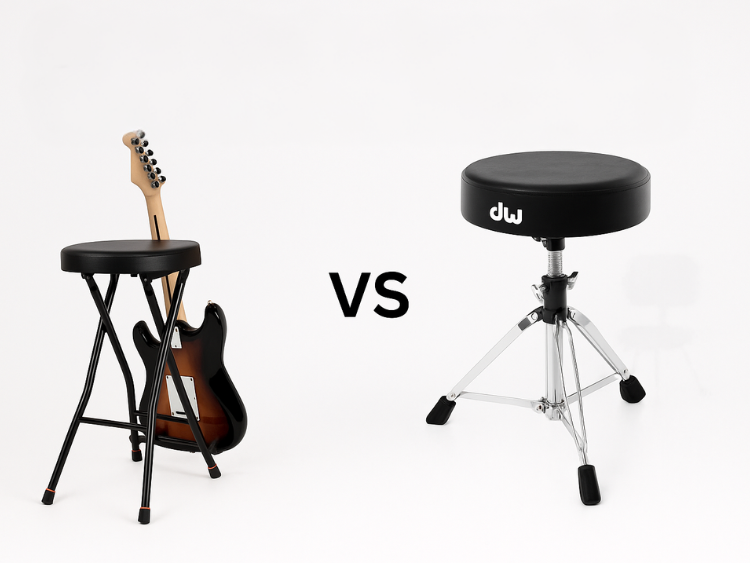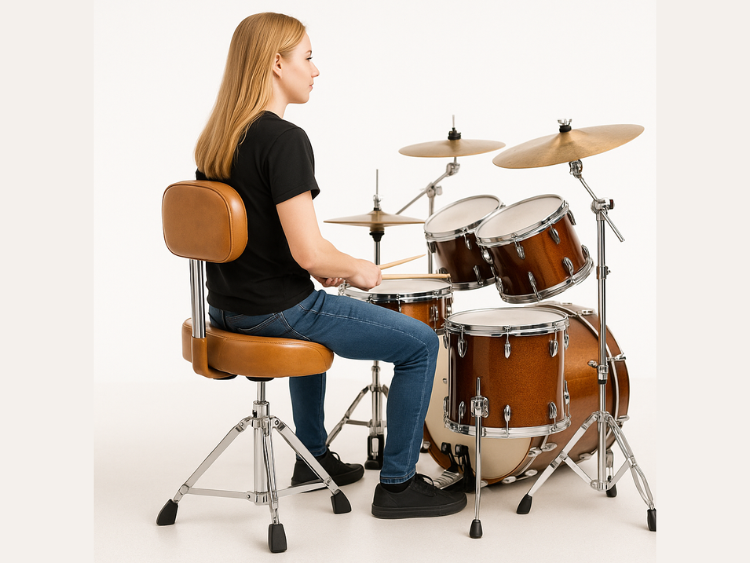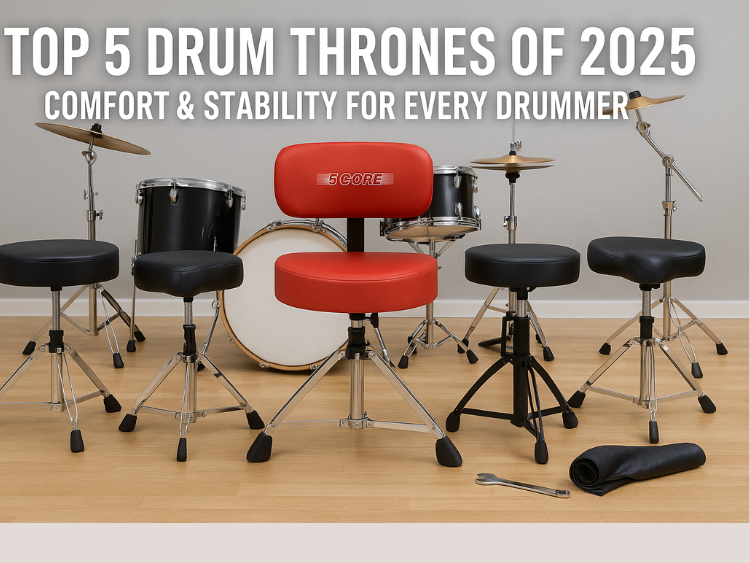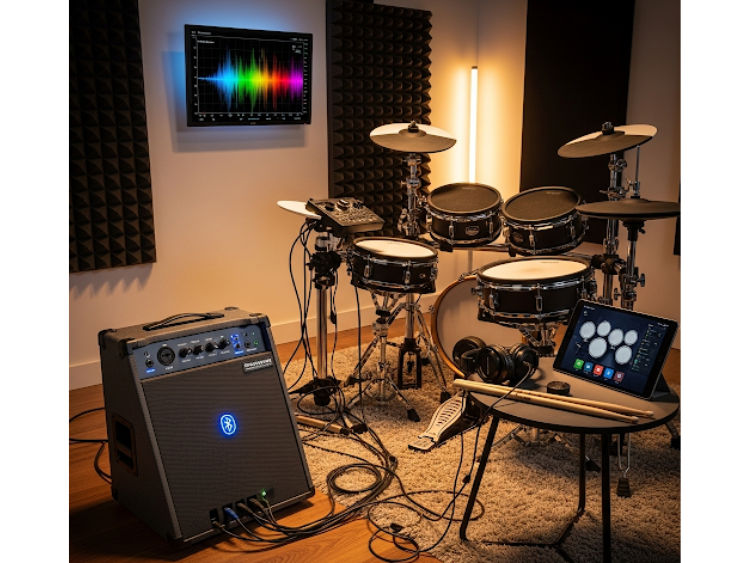Why Drummers Should Use an Amp in Practice Sessions
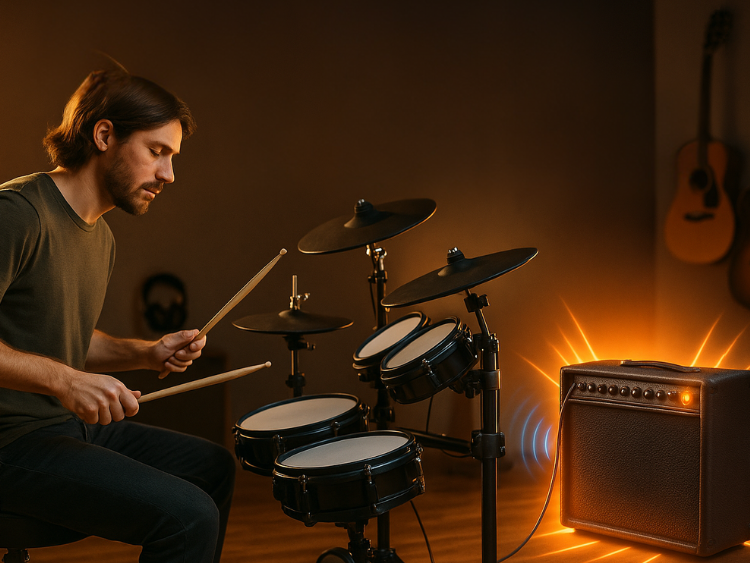
Most drummers think that amps apply only to the guitarists, bassists or vocalists, but that is slowly changing. In 2025, the number of drummers using an amp to practice will also increase because of wanting to improve on timing, dynamics, and overall performance. The rehearsal guidelines issued by the Berklee College of Music stress the importance of being able to play in conditions that closely resemble those of live performances so as to achieve a sense of confidence and consistency. To drummers, this would be the equivalent of hearing your kit amplified-the way that the audience would.
Professional players echo this idea. Touring drummer Michael Carter notes, “Switching from headphones to an amp in practice gave me a clearer sense of dynamics. I was better prepared for gigs because what I heard in rehearsal matched what I’d hear on stage.”
The Power of Practicing With an Amp
Here’s why adding an amp to your setup can make practice more productive and fun.
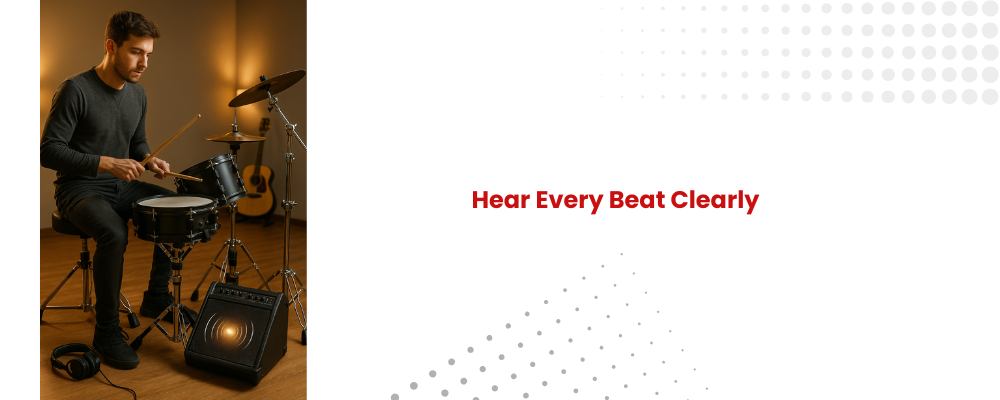
Hear Electronic Drums Clearly
Electronic drum kits sound best when amplified. Built-in headphone practice is useful, but an amp projects the sound naturally into the room. This helps you hear the kit as an audience would, letting you shape dynamics and volume more realistically.
An amp also makes it easier to practice with other musicians, since you can match volume levels without losing clarity.
Improve Timing With Backing Tracks
Most modern amps have aux inputs or Bluetooth connectivity. This means you can play along with backing tracks, metronomes, or even full-band recordings. Practicing this way improves your timing, groove, and ability to stay locked in with music.
For drummers preparing for gigs, this setup is closer to real performance conditions than silent headphone practice.
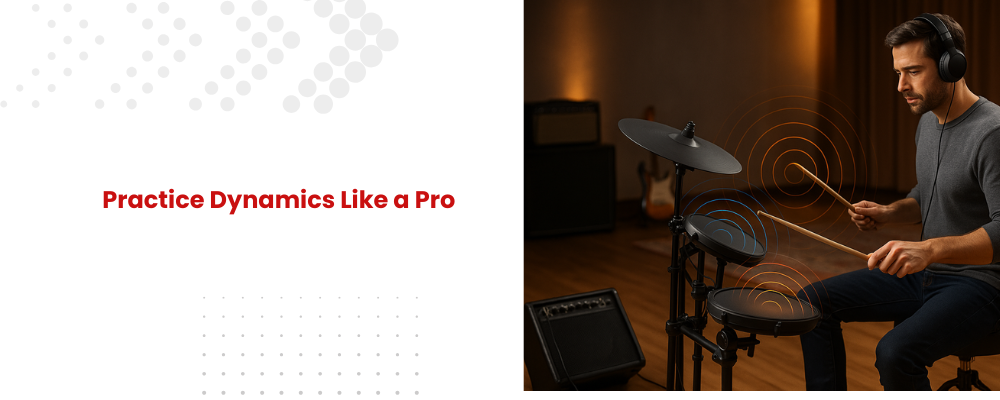
Control Your Dynamics
An amp lets you experiment with dynamics in a natural room setting. You can adjust how soft or loud you play, then hear the response clearly through amplification. This helps you develop touch and control—skills that translate directly to live shows and recording.
Better Group Practice
If you’re jamming with guitarists, bassists, or keyboard players, an amp keeps you in the mix. Without amplification, electronic drums can get lost, and acoustic drums can overpower other instruments. With the right amp balance, the whole group hears each part clearly.
This builds tighter ensemble playing and reduces miscommunication during practice.
Simulate Live Conditions
Practicing only with headphones creates a gap between rehearsal and live shows. On stage, your kit is amplified, and you hear sound differently. Using an amp during practice bridges that gap.
It conditions your ears and body to respond to the same dynamics you’ll experience during gigs. That means fewer surprises when you hit the stage.
Expand Creative Options
Drum amps aren’t just for volume—they can shape your sound. Many amps feature EQ controls, effects, and multiple input channels. This lets you experiment with tones and textures, from punchy low-end kicks to brighter snare presence.
Exploring these options can inspire creativity and help you develop a signature sound.
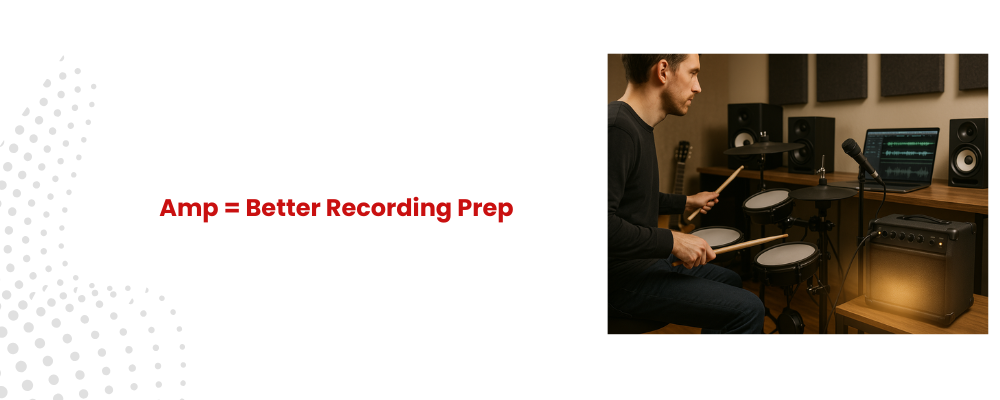
Improve Recording Preparation
If you record at home, practicing with an amp can prepare you for mic placement and live sound capture. You’ll get used to how your kit interacts with amplification, making it easier to set up recording sessions. It also helps in monitoring mixes, since you can hear yourself as the mic or audience would.
Encourage Longer Practice Sessions
Headphones can cause fatigue after long periods. An amp lets you practice more comfortably, filling the room with sound instead of isolating you. Many drummers find they play longer and stay more motivated when practicing this way.
Final Thoughts
The advantages of adding an amp to your practice routines go beyond sound volume into realism, control, and growth. Whether you just need to hear your electronic kit at a louder sound or to create a more lifelike sound during practice, an amp can help you enjoy it more and be more beneficial at the same time.
When the year is 2025, drummers will have amps that are made specifically with them in mind and provide a clear, punchy, and sturdy amp. If you’re ready to upgrade your sessions, check out the latest drum accessories and gear that make practice as powerful as performance.
